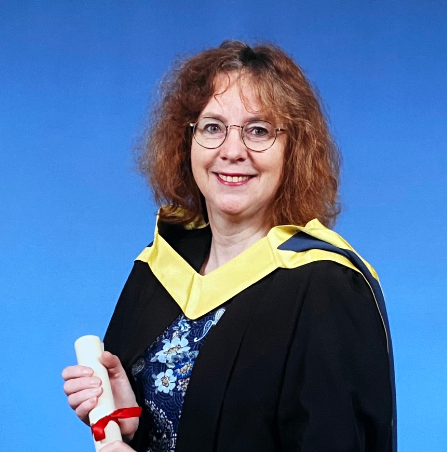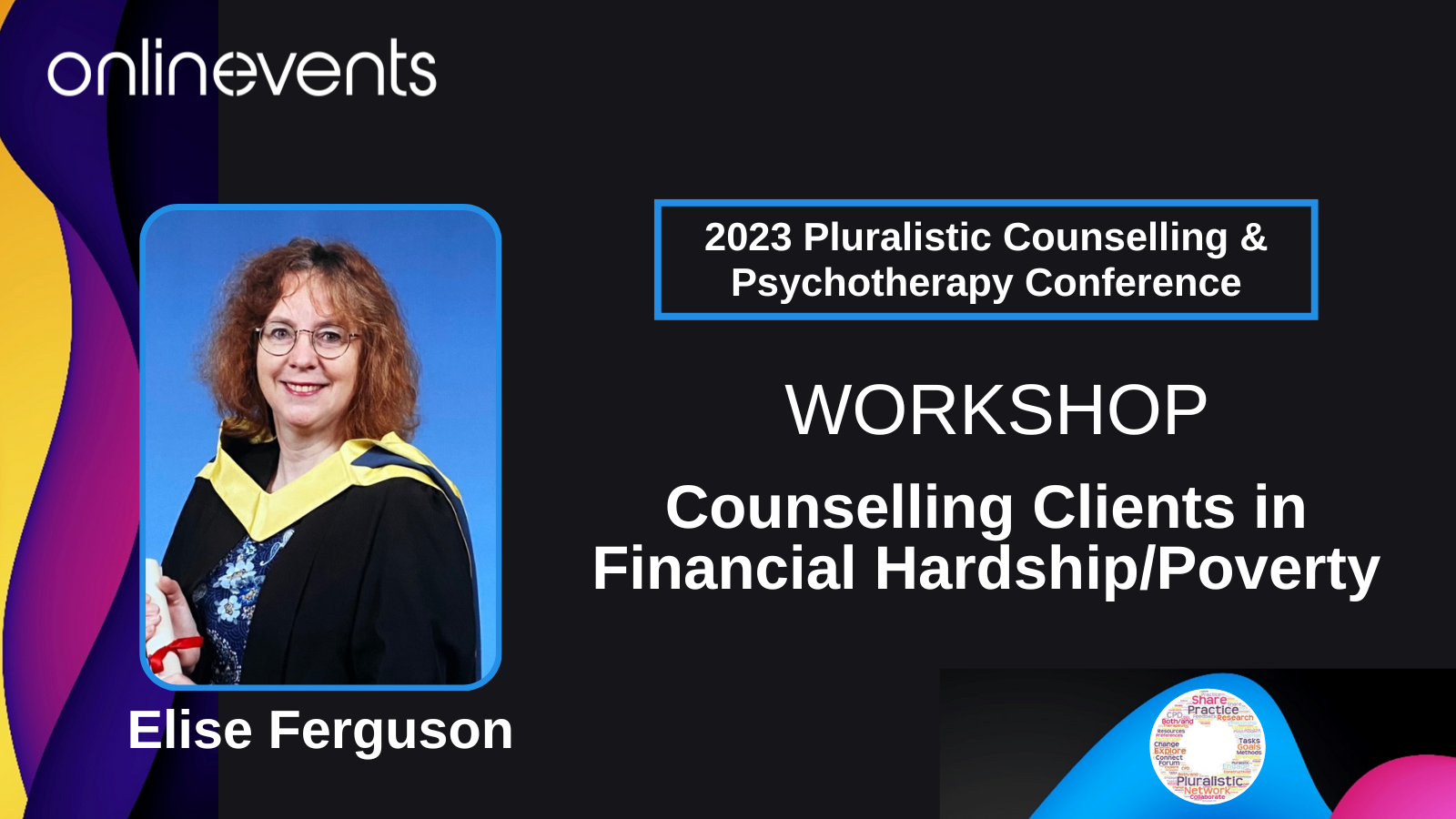Background: Poverty is an increasing problem for today’s society and is a significant contributor to poor mental health. As well as a having a higher prevalence of mental health disorders than wealthier individuals, people in financial hardship tend to have poorer access to counselling and worse therapeutic outcomes. Previous studies have identified various power imbalances, structural barriers and client/therapist biases which perpetuate these inequalities. However, there has been relatively little research on how to improve outcomes for this client group, particularly here in the UK. This paper (based on work in the first year of a PhD) presents initial research on how pluralism, with its focus on collaboration and breaking down power imbalances, could be a suitable framework for working with this client group.
Practice focus: This work seeks to represent the voice and opinion of clients who have lived in financial hardship and also sought help for mental health issues through counselling. It aims to find out what worked, what did not work, and what could work better by establishing their preferences and inviting collaboration.
Methods: The research methodology follows a grounded theory approach, starting with focus groups. Participants are being recruited from clients of charities working with poverty/hardship.
Results: Preliminary – this paper will provide details of the existing knowledge-base, outline the research plans, and provide an overview of progress Implications for research and practice: The aim is to build a theory of best practice for this client group which can be expanded through further research and disseminated in counsellor training.
Course Content
Presenter

Elise is a first year PhD student at Abertay university – her research topic is ‘Counselling clients living in poverty/financial hardship’ with a particular focus on the client voice. Her aim is to situate the research in a local (I.e. Scottish/UK) context, with a view to developing best practice for this client group. The research will be mainly qualitative in nature and the first study is a series of focus groups, partnering with charities who work with clients experiencing financial hardship.
Elise’s reasons for focusing on this client group come from a long-standing interest in social justice, and in particular her work with the Stirling food bank where she has been involved as a volunteer and trustee since 2017. She is also a BACP registered counsellor (having graduated in 2022 in the Pluralistic Counselling MSc at Abertay) and has a small counselling practice working mainly with clients of local third sector organisations.


